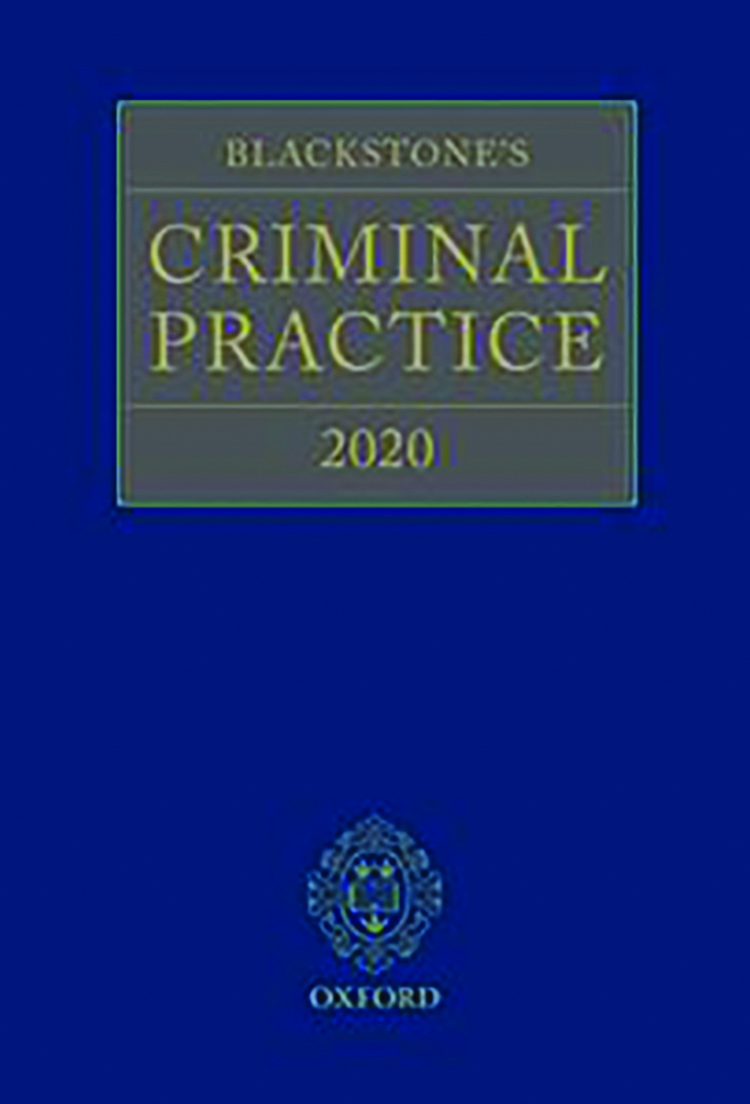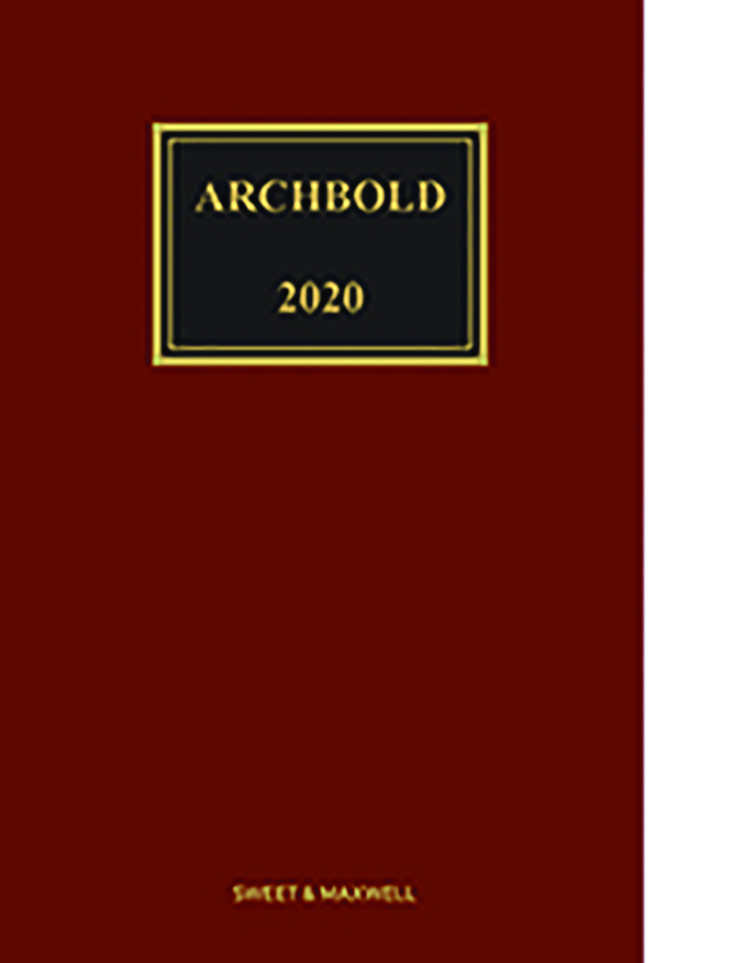
Blackstone’s Criminal Practice 2020
General editors: David Ormerod QC (Hon) and David Perry QC
Publisher: Oxford University Press
ISBN: 9780198849230
RRP: £350

Archbold: Criminal Pleading Evidence and Practice 2020
General editor: His Honour Judge Mark Lucraft, QC
Publisher: Sweet & Maxwell
ISBN: 9780414073999
RRP: £395
The venerable Archbold has been with us since 1822, named after John Frederick Archbold who was born in 1785. Admitted as a barrister to Lincoln’s Inn Archbold, ironically, brought out an annotated edition of Blackstone’s Commentaries on the Laws of England an influential 18th Century treatise on the common law by Sir William Blackstone. Now Sir William, born in 1723 was an English jurist, judge and Tory politician and admitted to Middle Temple in 1746. His treatise earned him £1,961,000 in 2020 terms. The two men could not have been more different, with much of Archbold’s work being concentrated on matters such as parish law which became one of the most









